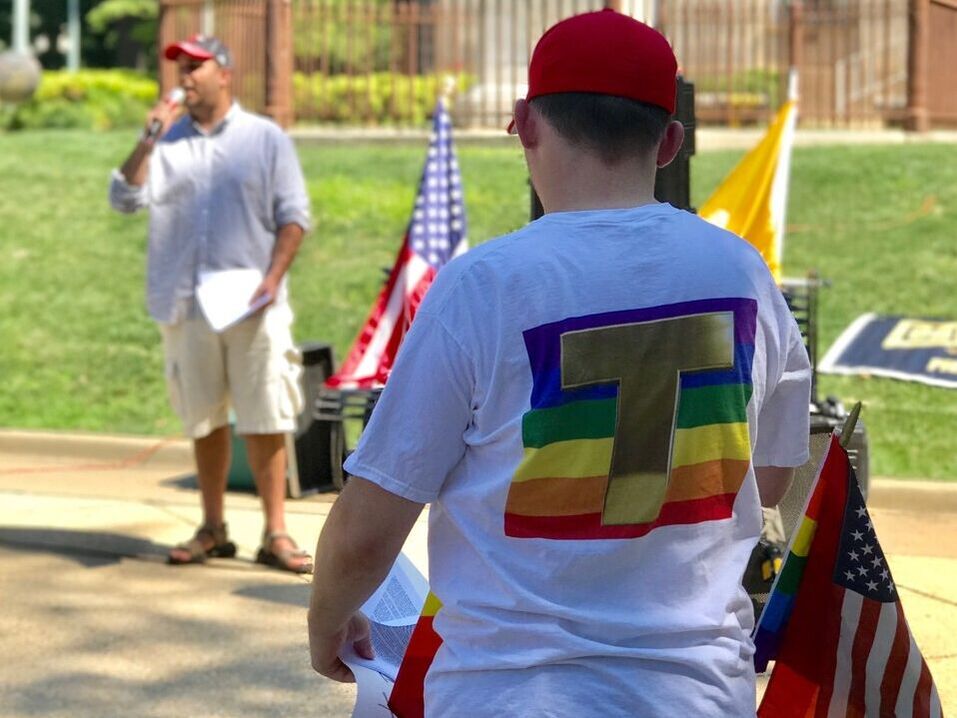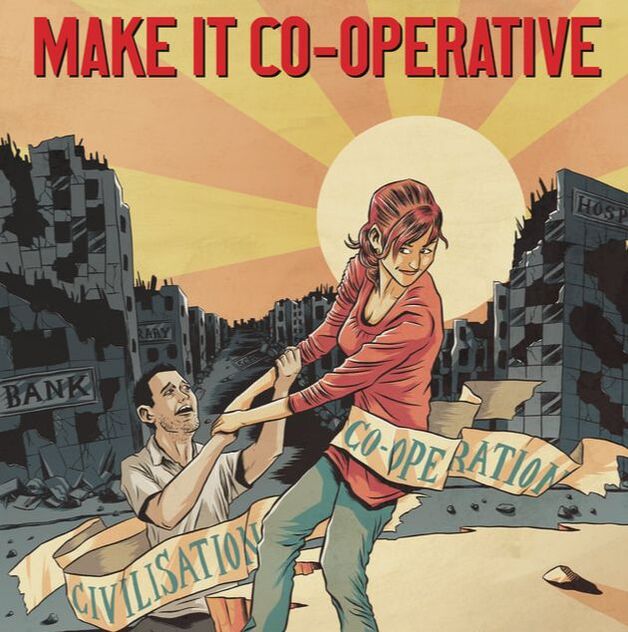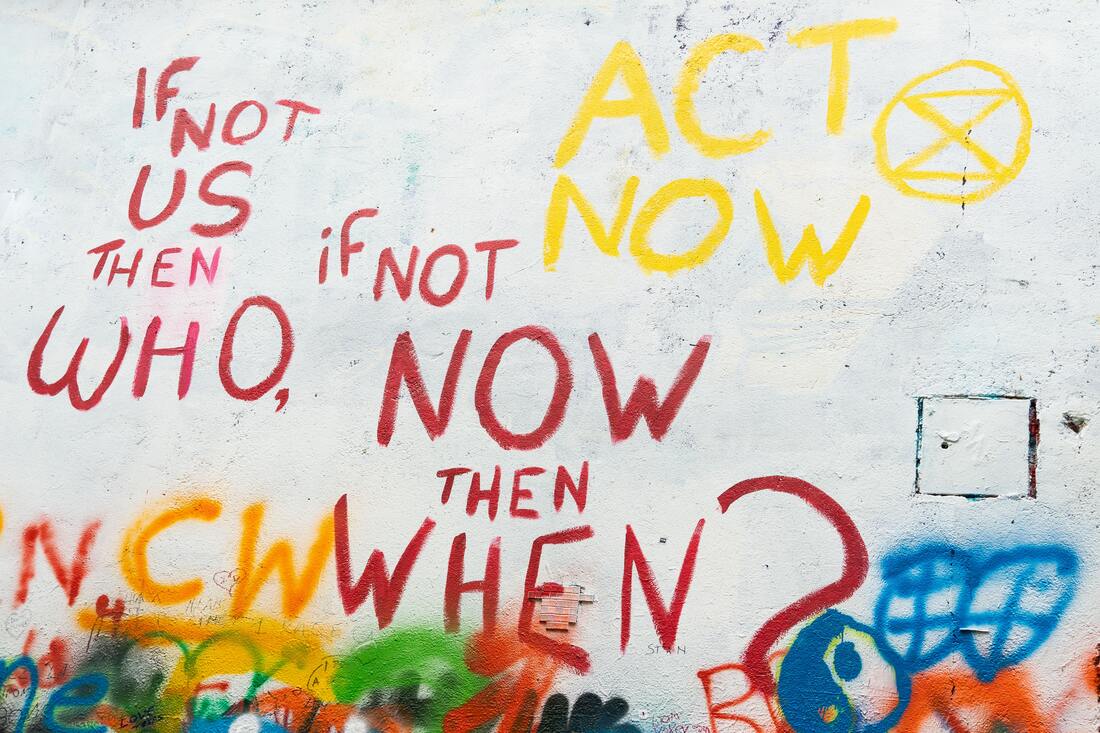|
|
'A radical Islamist terrorist targeted the nightclub (…) in order to execute gay and lesbian citizens, because of their sexual orientation. It’s a strike at the heart and soul of who we are as a nation.'
- Donald Trump
PRR’s LGBT stances The statement from then-Presidential nominee Donald Trump followed the 2016 mass shooting at Pulse, a gay nightclub in Orlando, Florida. Later, in 2020, Trump referred to himself as 'the most pro-gay President in America'. Simultaneously, he appointed overtly anti-LGBT candidates to judicial positions and oversaw various policies legitimizing the exclusion of LGBTQ+ people. Trump’s contradictory attitude towards LGBTQ+ minorities is emblematic of a broader Western trend in populist radical right (PRR) politics: PRR actors often adopt pro-LGBTQ+ stances whilst simultaneously propagating not only heteronormative family values and conservative religious moralities, but actively anti-LGBTQ+ policies.
0 Comments
The work of workers’ co-operatives and their worker-members hold great relevance in politically and economically rather dismal times. My Identities article, ‘Radical democratic citizenship at work in an adverse economic environment: the case of workers’ co-operatives in Scotland’, explores five workers’ co-operatives in view of how they collectively and democratically make decisions as well as give space, therein, to personal matters and circumstances of the worker-members.
A few words on the dreary economic and political backdrop. In the current context, we look back at a history of decades over which the political system we know as (representative) democracy has been hollowed out and populated with corporate interests ). Oligarchs hold political offices and wield power over policy makers through powerful lobbies and politicians move between political and top-salaried corporate offices. The massive lack of declared annual revenues by directorship-holding politicans may well be seen as testimony to the deficit in holding politicians accountable. Cronyism prospers amongst the economic and political elite as public money is secretively being handed out to the hands of corporations. In an interview, Oskar Lafontaine, once member of the Schröder cabinet in Germany, dispels the myth about Germany being a democracy but in fact an oligarchy. According to Devenney and Woodford, this holds true about the UK, too. At the same time, according to the British Social Attitudes Survey, the UK demonstrates a record high of distrust in the government – down to 15% in 2019.
The adamant defense of Christianity by far-right populists, as well as their ostensible display of Christian symbols such as the rosary, have been interpreted as hijacking religion from the hands of religious leaders and institutions. In fact, religious leaders have often accused far-right politicians of instrumentalizing religion for political gain, while far-right politicians have accused religious leaders of not defending Christianity against Islam. In a sense, far-right populist actors present themselves as being better interpreters and defenders of Christianity than religious leaders.
As many scholars have pointed out, the Christianity that far-right populism defends is a matter of culture and tradition imbricated in the historical past and national identity rather than a matter of faith. Thus, populists have been accused of not being ‘true believers’ and twisting religion to better serve their aims, and self-identified religious people who support far-right populism have been framed as victims of the political instrumentalization of religion. In my Identities article, ‘Hijack or release? On the heuristic limits of the frame of instrumentalization of religion for discussing the entanglements of populism, religion, and gender’, I explore the relationships between populism and religion from another angle, taking the transformations undertaken by religion and religiosity in contemporary societies into account.
Cross-posted from RACE.ED
As part of my final year at university, I completed research for my undergraduate dissertation, with a focus on the racial disparities within experience and attainment in higher education institutions. Bunce et al (2019) found that whilst 78% of white students are likely to receive a ‘good degree’ (2:1 or higher) only 66% of Asian students and 52% of Black students would reach the same classification, emphasising the hidden barriers for Black students. It was obvious that there was an invisible burden that many of the Black students I spoke to felt responsible to bear. One student described it as being the “Martin Luther King of the classroom”, the constant requirement to correct racism that goes ignored by those who are not Black. Another student further reinforced this point by describing how she felt that “…they are happy to ask the Black student what they should do but I think if it was other people’s problems, they would hire someone to find a solution…” These behaviours are not confined to the classrooms at universities but it is clear that these flippant expressions of racism are entrenched in practically every institution within the UK. For example, Parsons (2009) argues that policy is reactive rather than preventative; something has to occur before any form of retrospection is ensued by the institutions involved. The racist murder of Stephen Lawrence and the Macpherson report only confirmed the beliefs of many Black British citizens already. |
|
Explore Identities at tandfonline.com/GIDE |
|
The views and opinions expressed on The Identities Blog are solely those of the original blog post authors, and not of the journal, Taylor & Francis Group or the University of Glasgow.




